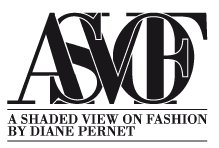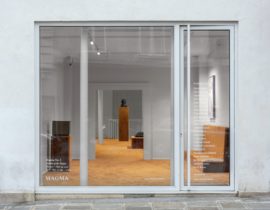Dear Shaded Viewers,
I have a plan for you, or rather Pete Drungle has.
Pete Drungle is a composer, pianist and sound designer living in Paris and he opens up your minds with his selection of 12 1/2 of the Greatest Films that you probably have never seen so why not see them now?
1. DOUBLE SUICIDE
from Wikipedia: Double Suicide is a 1969 film directed by Masahiro Shinoda. It is based on the 1721 play The Love Suicides at Amijima by Monzaemon Chikamatsu. This play is often performed in the bunraku style (that is, with puppets). In the film, the story is performed with live actors, but also makes use of Japanese theatrical traditions such as the kuroko (stagehands dressed entirely in black) who invisibly interact with the actors, and the set is non-realist. The film opens with the preparations by the kuroko for a modern-day presentation of a puppet play while a voice-over is heard of someone, presumably the director, calling on the telephone to find a location for the penultimate scene of the lovers' suicide. Soon human actors are substituted for the puppets, and the action proceeds in a naturalistic fashion, until from time to time the kuroko intervene to accomplish scene shifts or heighten the dramatic intensity of the two lovers' resolve to be united in death."
2. Hour of the Wolf
Hour of the Wolf is a 1968 Swedish surrealist–psychological horror–drama film, directed by Ingmar Bergman and starring Max von Sydow and Liv Ullmann. The music is composed by Lars Johan Werle, and the cinematography is by Sven Nykvist.
3. Face of Another
The Face of Another is a 1966 Japanese film directed by Hiroshi Teshigahara and based on the novel of the same name written by K?b? Abe. The story follows an engineer, Okuyama, whose face is severely burnt in an unspecified work-related accident and is given a new face in the form of a lifelike mask.
4. Ugetsu
Ugetsu or Ugetsu Monogatari is a 1953 black-and-white Japanese film directed by Kenji Mizoguchi and based on stories in Ueda Akinari's book of the same name. It is a ghost story and an example of the jidaigeki (period drama) genre. Set in Azuchi–Momoyama period Japan, it stars Masayuki Mori and Machiko Ky?. It is one of Mizoguchi's most celebrated films, regarded by critics as a masterwork of Japanese cinema and a definitive piece during Japan's Golden Age of Film. Along with Akira Kurosawa's 1950 film Rashomon, Ugetsu is credited with having popularized Japanese cinema in the West
5. L'Enfer
L'Enfer ("Hell") is a 1994 French film directed by Claude Chabrol. It was adapted by Chabrol from the screenplay by Henri-Georges Clouzot for the unfinished film L'Enfer, which Clouzot began shooting in 1964 but was unable to complete. The producer of Chabrol's film was Marin Karmitz and the leading actors were Emmanuelle B



